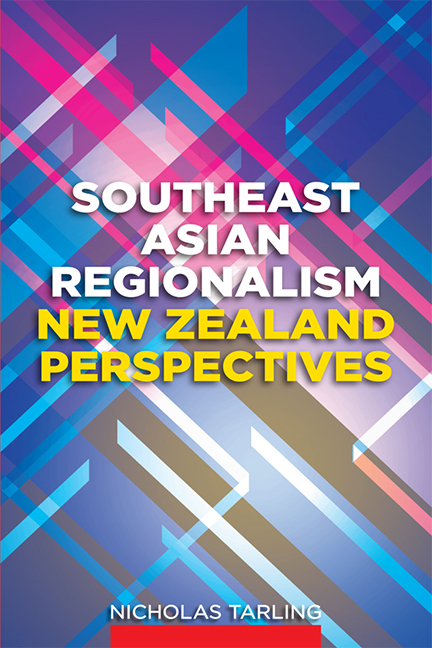Summary
In September 1962 C.M. Bennett, the New Zealand High Commissioner, reported on a “remarkably blunt” speech the Tunku had given to UMNO Information Officers which referred both to Indonesian interest in the Malaysia proposal and to the Philippines claim to North Borneo. “Everybody is free to follow developments on Malaysia”, as the former Indonesian Prime Minister, Ali Sastroamidjojo, had proposed, “but I must say categorically”, the Tunku continued, “keep your hands out of our affairs.” The Sabah dispute, he went on, was unfortunate since it might jeopardize the relationship between two ASA partners. Perhaps, Bennett thought, the Tunku was hitting a little harder than he needed, especially in respect of Indonesia. Since he had returned from the London negotiations on Malaysia he seemed to have “lost some of his urbanity, strength and elasticity”.
Early in November Bennett discussed the claim with the Tunku. Would he, in the light of it, attend the next ASA meeting as Foreign Minister? The claim, said the Tunku, was “foolish and frivolous”. But he wanted “to do what he could to secure and preserve the future interests of ASA and towards this end he was even prepared to turn a blind eye on the obvious weaknesses and irrationalities of one of its partners”. Since independence, Philippines politics had been characterized by “elements of opportunism, profligacy and inconstancy”. It was only since he had brought the Filipinos “into our fold” that the “Asian limelight” had fallen upon them. “And this is how they express their gratitude.” He would attend ASA, but would refuse to be drawn into the Sabah controversy. “Whether an alliance of this kind can last”, Bennett concluded, “is questionable.”
The ministerial meeting was postponed till April 1963 as a result, as the New Zealand High Commission in Kuala Lumpur put it, of the Philippines claim and the need for what the Tunku termed “a better atmosphere”.
- Type
- Chapter
- Information
- Southeast Asian RegionalismNew Zealand Perspectives, pp. 18 - 37Publisher: ISEAS–Yusof Ishak InstitutePrint publication year: 2011

